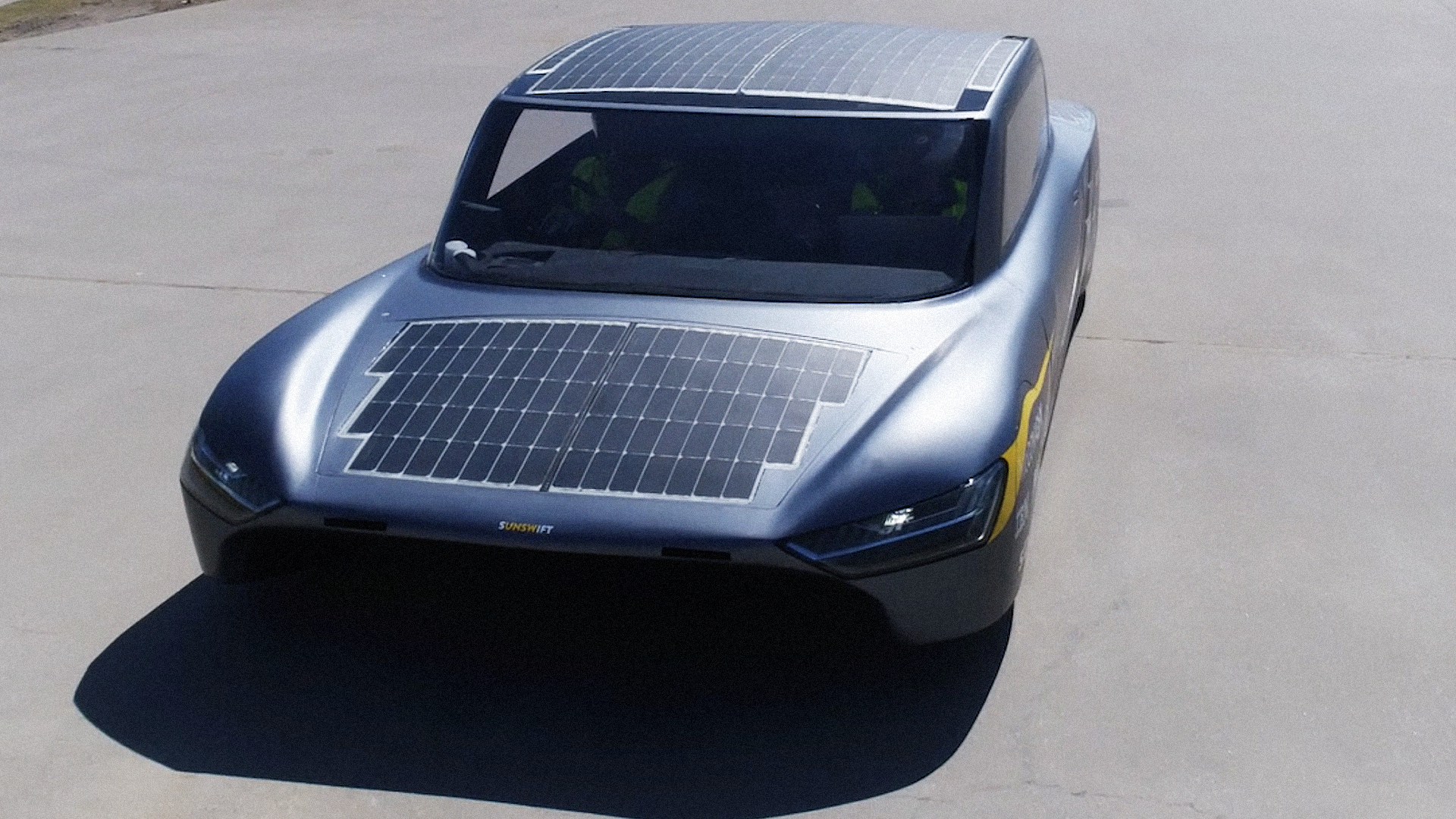Engineering students at the University of New South Wales Sydney have built a solar-powered race car that has broken records. It is the first of its kind to cover 621 miles in under 12 hours.
Who says electric vehicles have to be slow?
With constant advancements in the green vehicle industry, we’re seeing rapid improvements to the look, performance, and durability of cars that run entirely on clean energy. The latest to cause a stir is the Sunswift 7, a solar-powered car that has broken records for speed and efficiency.
According to New Atlas, the Sunswift 7 was tested on a closed circuit, covering over 620 miles on a single charge in less than twelve hours.
The project was undertaken by students at the University of New South Wales Sydney, who spent two years putting the vehicle together with the aim of breaking several Guinness World Records. They wanted specifically to prove a solar-powered car could surpass 1000km without being charged.
The Sunswift 7 completed 240 laps of the Highway Test Circuit in Australia. Not bad, eh?
View this post on Instagram
While it may look like an ordinary car, the Sunswift 7 was designed with aerodynamics firmly at the forefront. This means that essential features ordinarily needed for road safety, such as ABS brakes, airbags, windscreen wipers, etc, were not included.
However, this approach meant the students’ car had significantly improved drag coefficient compared to a Tesla Model S, coming in at only 0.095. This, in turn, allowed for much higher speeds and better fuel consumption.
You can expect to see more of this car in the future too, as it will be taking part in the Bridgestone World Solar Challenge in 2023. This is a special competition for solar-powered vehicles, where teams design cars to traverse a ‘3,000-kilometre outback route from Darwin to Adelaide’ in Australia.




















